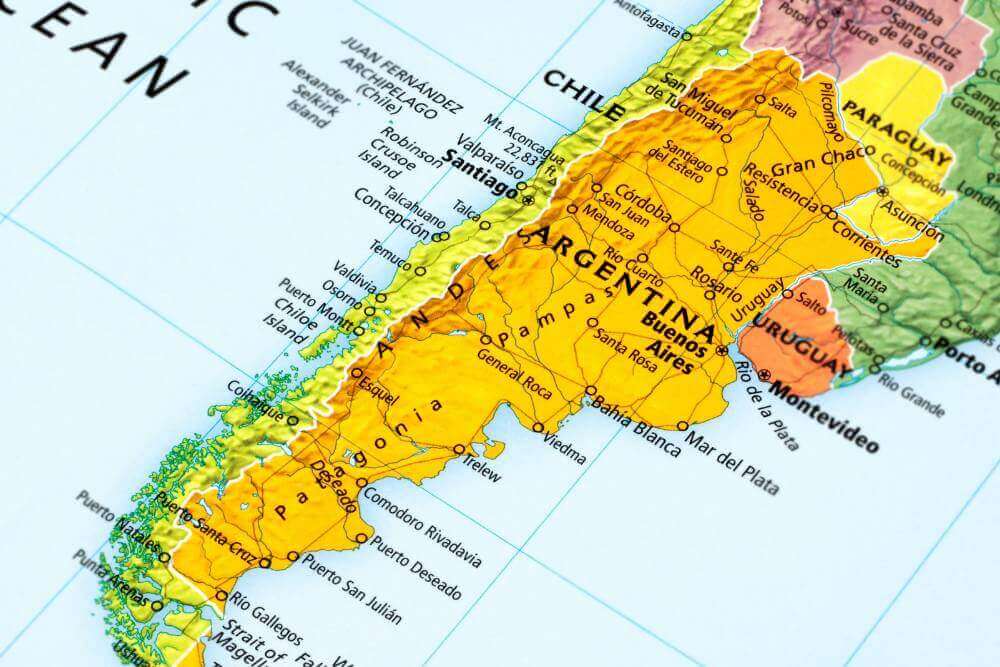Based on our Privacy Protection Index (PPI), Argentina could be rated as “Average.” The country has some privacy protections in place, such as the Personal Data Protection Act (PDPA), which governs the collection, processing, and storage of personal data. Additionally, Argentina does not have mandatory data retention laws for VPN providers, contributing to enhanced privacy for VPN users. However, the country has experienced instances of internet censorship and surveillance in the past, which raises concerns about the overall privacy and security of data within Argentina. These factors position Argentina as a middle-ground choice for VPN server locations, providing a mix of privacy protections and potential risks.
Freedom of Expression and Censorship
Argentina’s constitutional protections for freedom of speech are robust, but certain laws, such as those prosecuting insults to public officials or symbols, do exist. However, these are seldom enforced and often face legal challenges.
The 2010 media law disrupted monopolies and diversified the media scene but faced accusations of being a tool to control dissenting voices. The 2015 cybercrime law raised concerns due to its vague definitions, though it primarily targets serious online threats.
Isolated incidents of prosecuting individuals for online comments have occurred, but these are exceptions, not norms. Despite potential hurdles, Argentina’s media landscape is dynamic and diverse, demonstrating a generally supportive environment for a variety of perspectives.
P2P, Streaming, and Torrenting
Argentina has no specific laws prohibiting or restricting the use of peer-to-peer (P2P) file sharing networks, streaming sites, or torrent platforms. Copyright infringement remains illegal, but downloading copyrighted material for personal use is not subject to criminal penalties. A 2014 Supreme Court ruling affirmed the legality of P2P networks themselves. However, copyright holders have pressured ISPs to block access to major torrent sites like The Pirate Bay, and certain ISPs have complied. Still, proxy sites and VPNs allow users to circumvent most blocking. Streaming unauthorized content is widespread, though a new Audiovisual Communication Services law seeks to regulate streaming platforms in relation to copyright. Overall, while Argentina’s legal framework permits P2P, streaming, and torrenting for personal use, copyright holder pressure has led to partial blocks of some platforms, with users still finding ways around these limitations. The impact of the new streaming law remains to be seen.
Government Surveillance and Data Retention
Argentina has comprehensive laws governing surveillance, beginning with Law 25.520 passed in 2001 which established judicial oversight for wiretaps and data access. However, later policies enabled expanded monitoring, including Decree 1563/2004 which authorized wiretapping without judicial review. A 2006 decree mandated that ISPs and telecoms retain user data for 10 years, reduced to 5 years in 2016 (Decree 1108/2016). According to the NGO Access Now, over 300,000 telephone lines are under legal intercept orders annually. A 2020 University of Palermo study ranked Argentina 4th globally in surveillance reach, with over 60 state agencies holding powers.
Critics argue the surveillance framework violates privacy rights. The Agency for Access to Public Information can monitor communications based on broad national security grounds. In 2021, a $25 million contract with ZTE sparked an outcry over planned facial recognition capabilities. The government continues expanding surveillance, spending over $500 million in 2022 on cyber and satellite capabilities according to media reports. While judicial review is still formally required, oversight bodies face challenges curtailing the numerous agencies now empowered to monitor citizens.
VPN servers in Argentina:







Leave a Reply